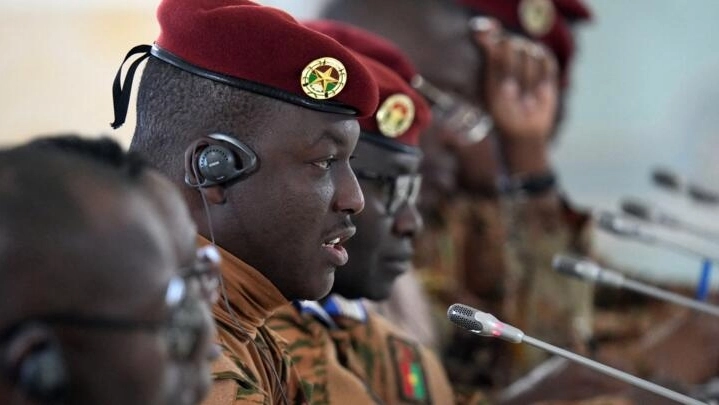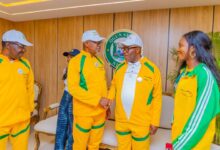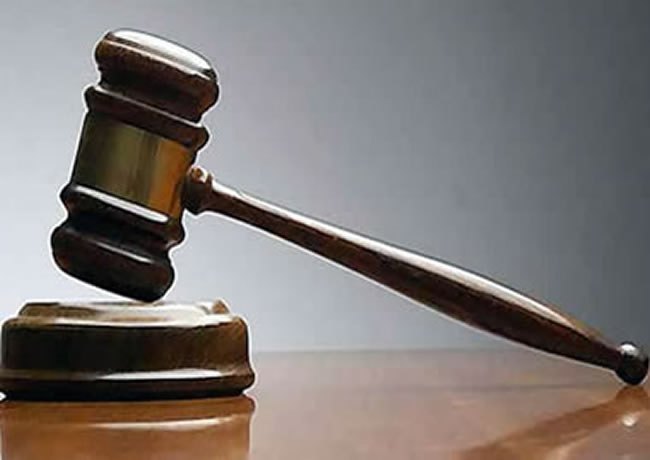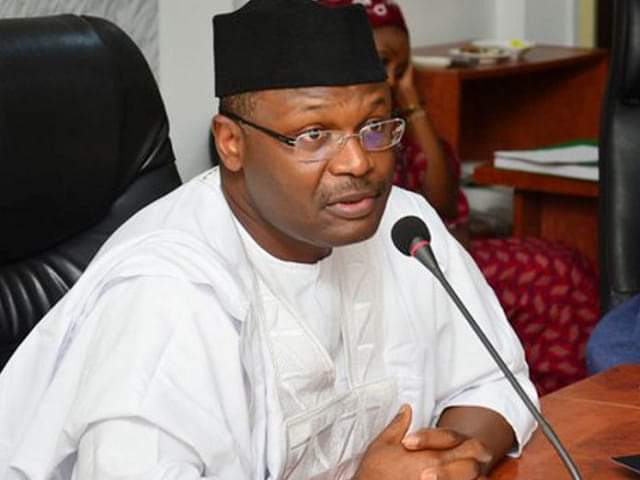Buhari’s exemplary anti-corruption method and the exposition of Magu
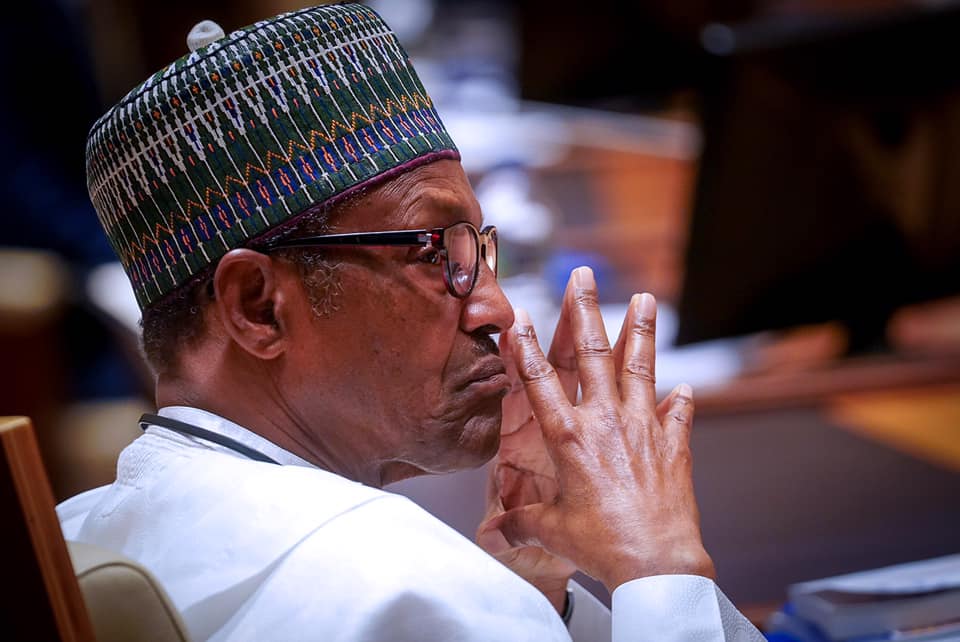
By Bashir Adefaka
Disappointed by attitude of Nigerians towards the course of achieving a desired better country they clamour, more revelations have been finding their way into the public with intent to make the people decide for themselves if truly they want a change or they prefer to continue their corruption-stricken backward life.

This development became imperative because each time President Muhammadu Buhari goes all out to fulfill his campaign promise of “killing corruption before corruption kills Nigeria”, the same Nigerians who applauded him while making that promise are the same people who read unfortunate meanings to his actions.
In the investigation of Ibrahim Mustapha Magu, the suspended Acting Chairman of Economic and Financial Crimes Commission (EFCC), many supposedly respectable Nigerians have betrayed the confidence of reality as they make public statements painting presidential action like President Buhari having fallen into the grip of a cabal.
It will be recalled the muchmouthed cabal in presidency was said to be in Abba Kyari, the President’s Chief of Staff until recently when he died. The continued cries about a cabal in the presidency even after death of Kyari bring more questions than answer as President Buhari waxes stronger and on in ensuring successful delivery on his anti-corruption programme for a better Nigeria.
Magu, as a true and devout Muslim, has expressed confidence that he is not bigger than the institution and that whatever has come his way now is taken by him as an act of Allah. He therefore submitted himself to the probe.
Unfortunately, people who want to feed fat creating confusion over his probe are excavating it by crying aloud over the his mention of the prosecuting Minister of Justice and Attorney General of the Federation, Mallam Abubakar Malami (SAN) in how recovered loots were sold. He had earlier also mentioned the Vice President Yemi Osinbajo (SAN) over a N40 billion bribe.
Both officers of Nigeria have denied the allegations although it does not mean they cannot be investigated. But some Nigerians decided to be selectively louder over the mention of Malami in what many observers have described as effort to cause confusion and rubbish the anti-corruption fight of the President.
Those who want to cause confusion over the probe of Magu are claiming that the hunting of the hunter means there is no EFCC in Nigeria at the moment and that Buhari’s anti-corruption fight has failed. But there are a armful number of quality thinkers who counter those thoughts and give them a clear proof in the fact the investigation of the investigator is an indication that Buhari’s anti-corruption fight is real and working.
Unknown to Ibrahim Magu, President Muhammadu Buhari had directed the Department of State Services (DSS) to investigate him as far back as 2018, The DEFENDER, quoting an exclusive publication, reports
The DSS, which has a financial crimes unit, played the central role in unearthing the allegations for which the suspended acting chairman of the Economic and Financial Crimes Commission (EFCC) is now facing a presidential probe.
The president was said to have been shocked when the DSS provided a comprehensive dossier on Magu which was “damning”.
“If Magu was a man who can read the signs, he should have asked himself why the president did not re-present his name to the senate for confirmation as EFCC chairman since the new national assembly was inaugurated,” a senior presidential source said as quoted in the report specifically by TheCable.
The current senate has never turned down any nominee of the president, unlike the previous one which refused to confirm Magu.
However, it would appear Magu eventually got wind of the moves against him as he tried to ingratiate himself with the president.
“He came to the mosque at the presidential villa to say Jumaat prayers along with the president on June 5, but the president was not very comfortable with it,” the source said.
“President Buhari prefers to pray with his family and personal aides, so he was not happy when Magu wangled his way to the mosque after the partial lifting of lockdown.
“An instruction was then issued that he should not be allowed to come to the mosque.”
The trigger for the DSS investigation, according to the source, was the report of the presidential committee on audit of recovered assets.
The three-member committee was inaugurated on November 22, 2017 by Buhari to audit all assets recovered by agencies of the federal government from May 29, 2015 when his government was inaugurated.
The committee was headed by Olufemi Lijadu, with Mohammad Nami and Gloria Bibigha as members.
Lijadu is now the chairman of the Securities and Exchange Commission (SEC) while Nami was appointed chairman of the Federal Inland Revenue Service (FIRS).
Bibigha works in the office of the auditor-general of the federation.
The committee submitted its report six months behind schedule because of the extent of the work, and the aspect on EFCC “took the president by surprise”.
The report said the EFCC reported a total naira equivalent of N46,038,882,509.87, while the naira equivalent of the foreign currency lodgements were N37,533,764,195.66, “representing a shortfall of N8,505,118,314.21″.
“These inconsistencies cast a serious doubt on the accuracy of figures submitted by the EFCC. It is the committee’s view that the EFCC cannot be said to have fully accounted for cash recoveries made by it,” the report noted.
“While EFCC reported total Naira recoveries of N504,154,184,744.04, the actual bank lodgements were N543,511,792,863.47. These discrepancies mean that EFCC’s actual lodgement exceeded its reported recoveries by N39,357,608,119.43.”
Buhari immediately asked the DSS to investigate Magu.
While DSS identified several properties allegedly owned by Magu in Dubai, the Nigerian Financial Intelligence Unit (NFIU) played a major role in providing intelligence on his alleged financial dealings.
NFIU, the central national agency that handles disclosures and intelligence in the financial sector, used to be under the EFCC but was excised and made an independent body in July 2018 despite Magu’s opposition.



